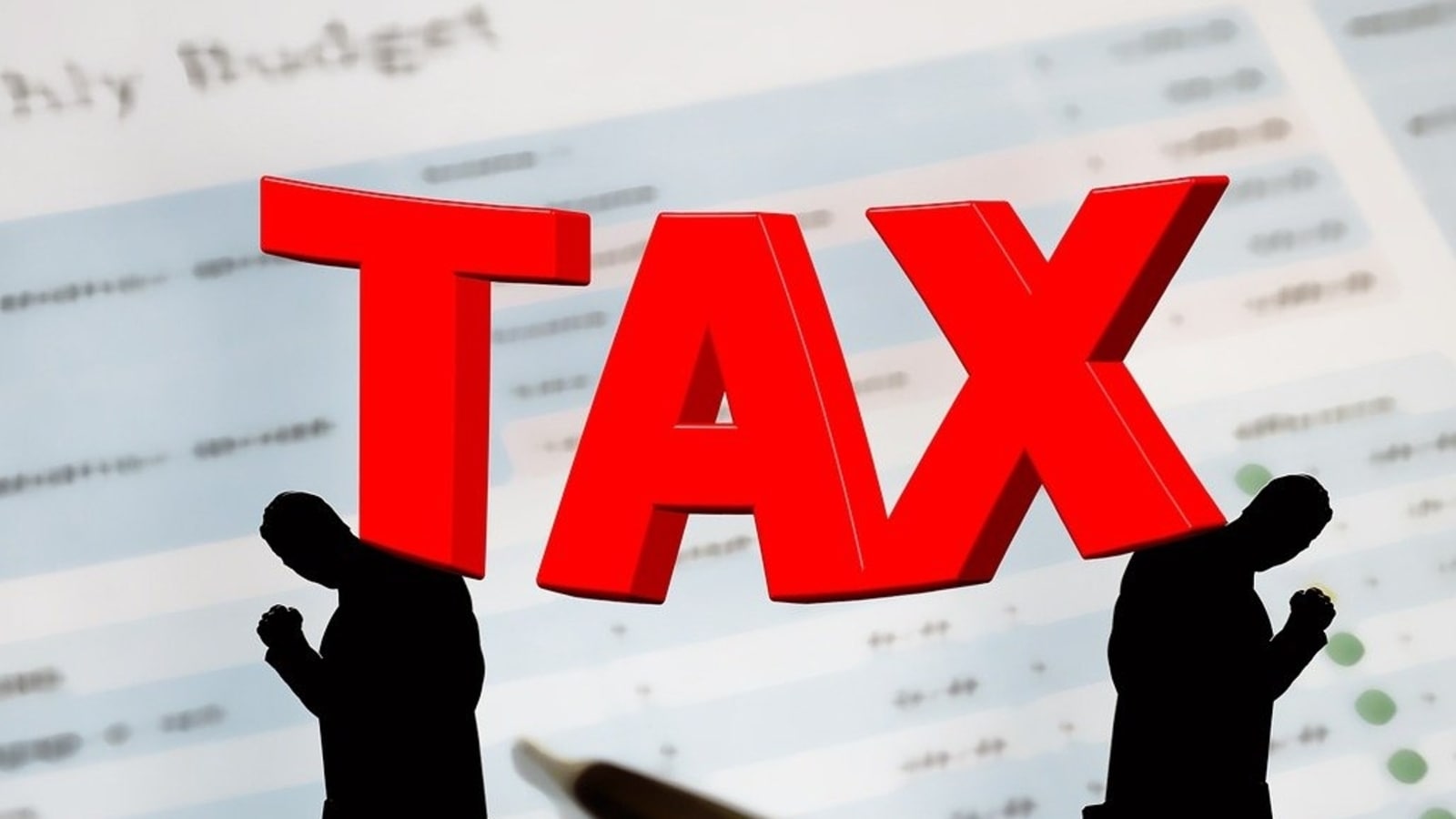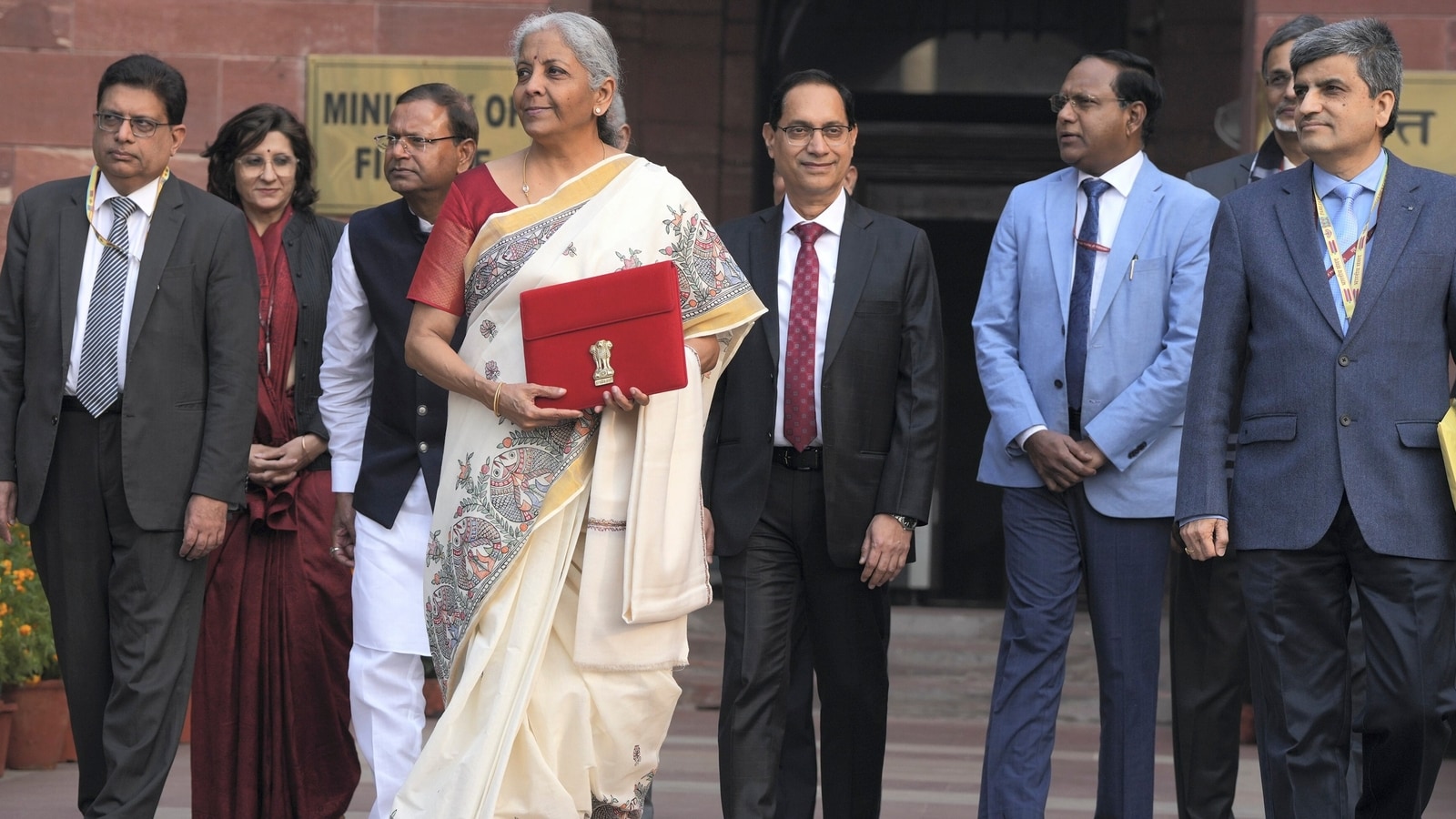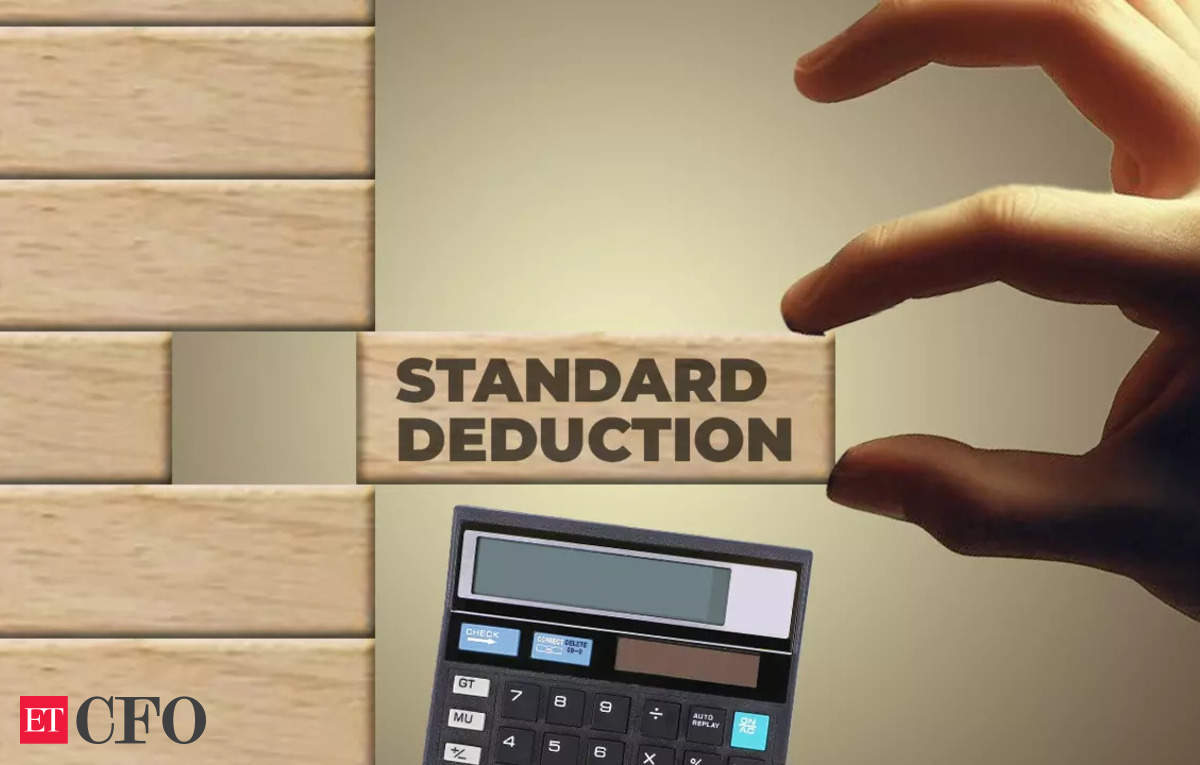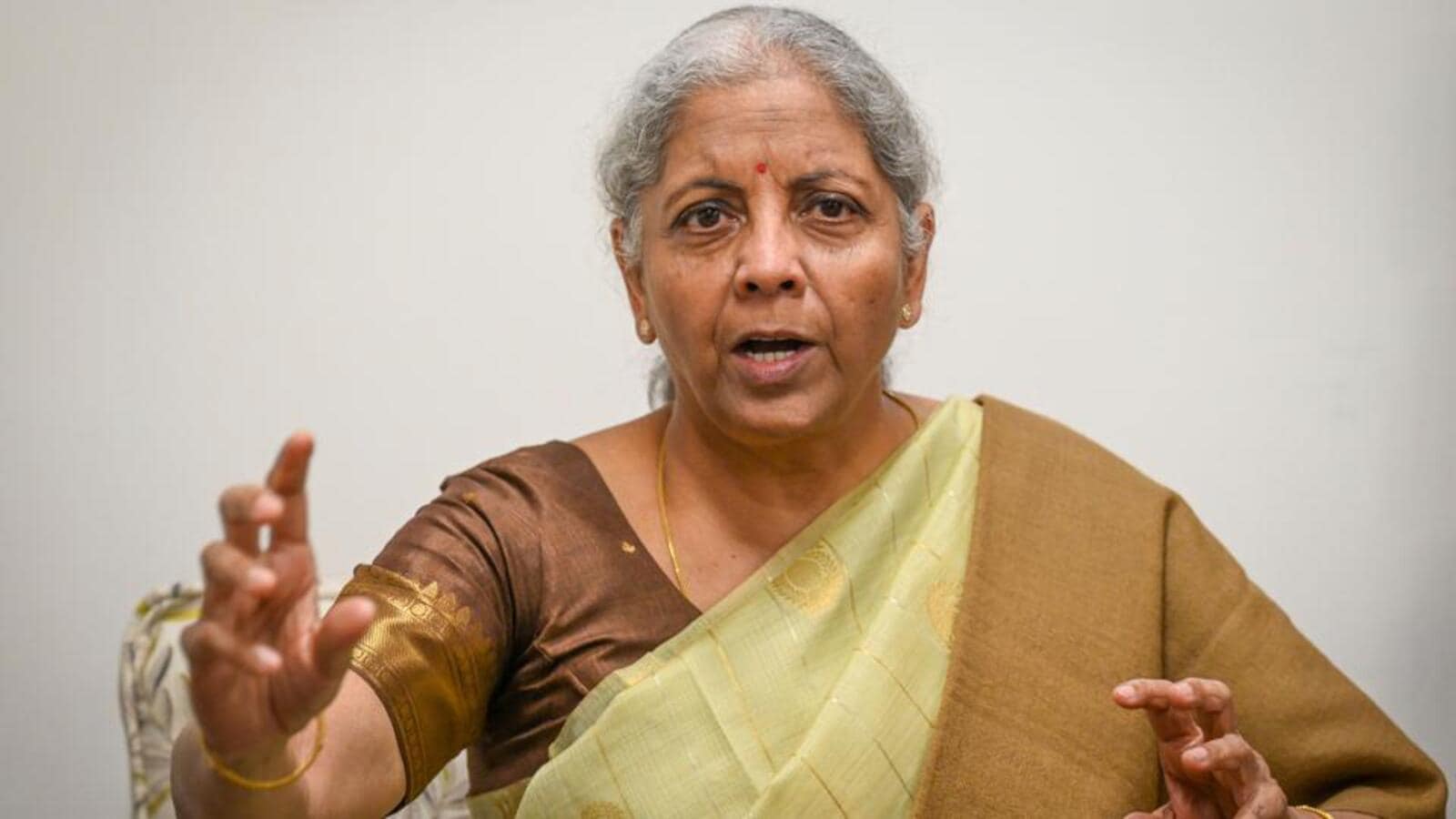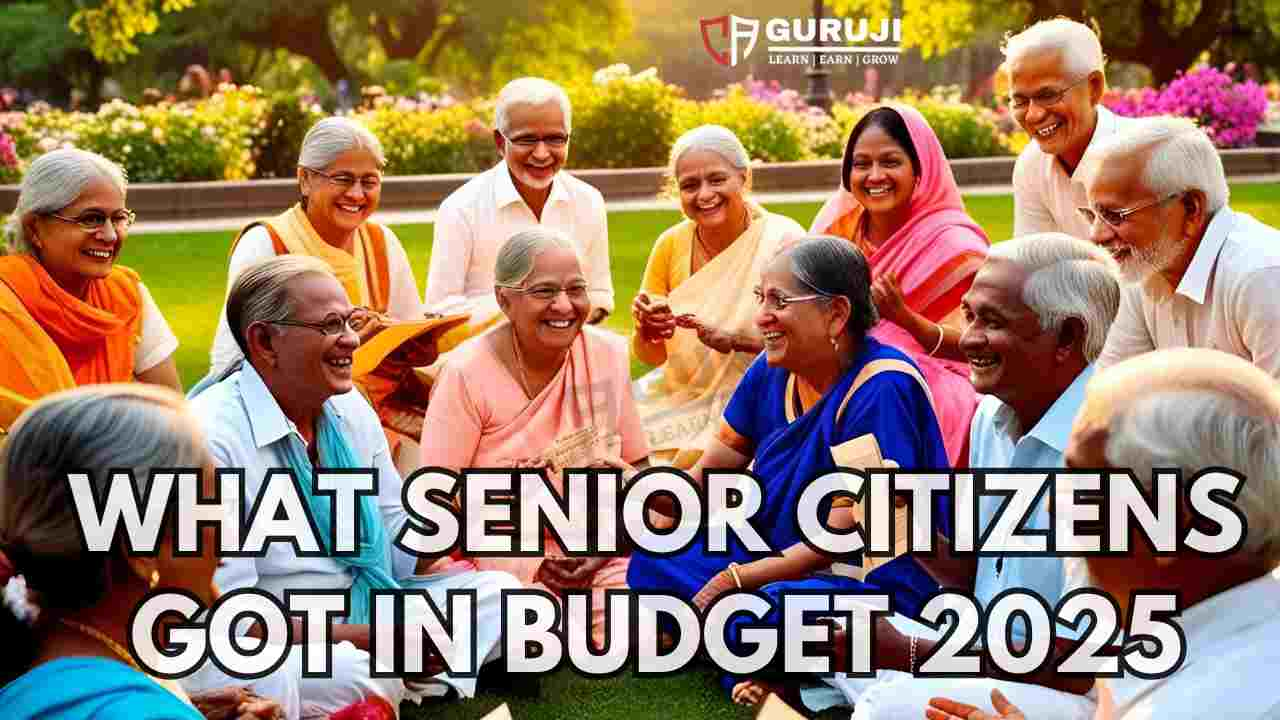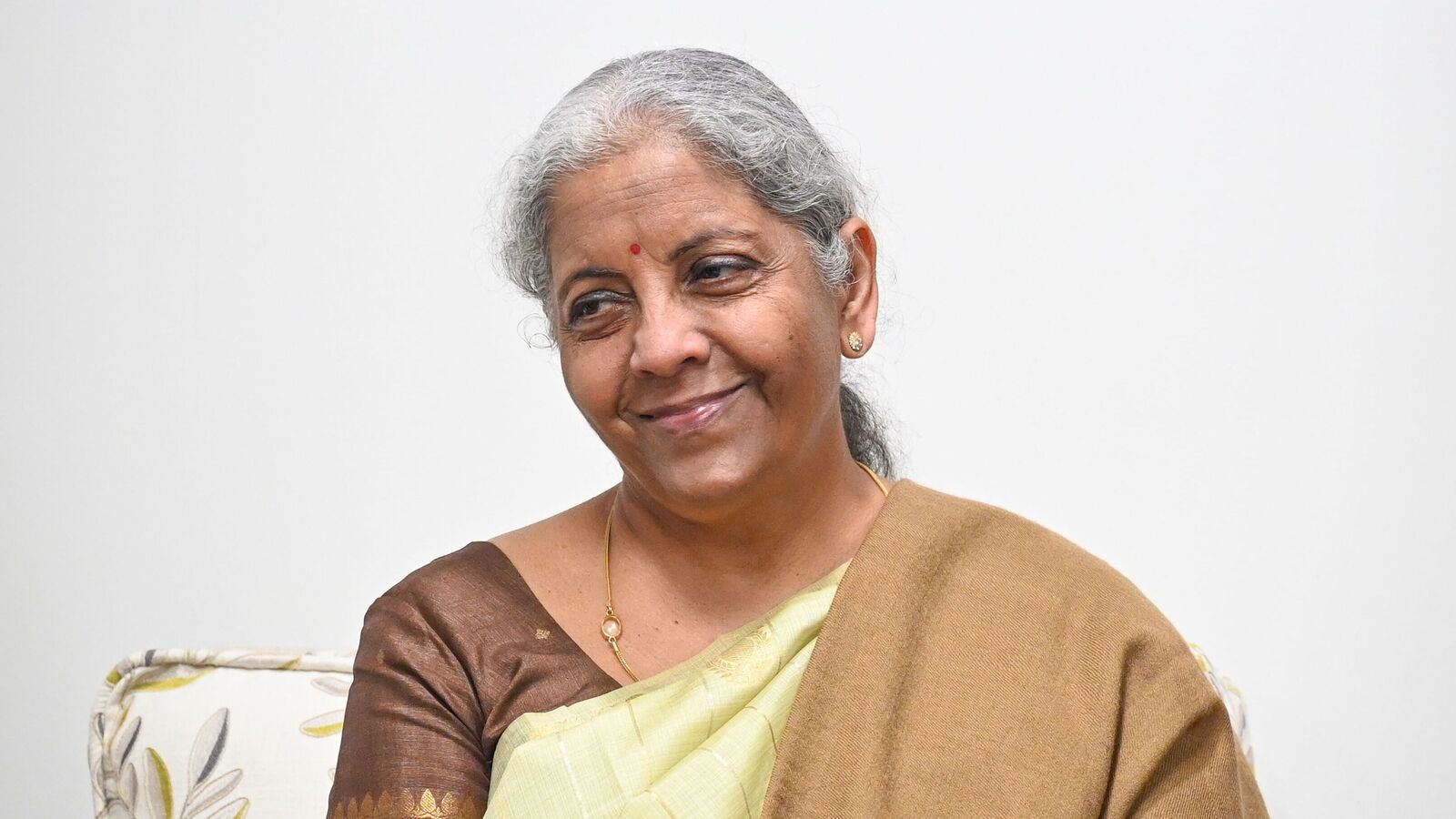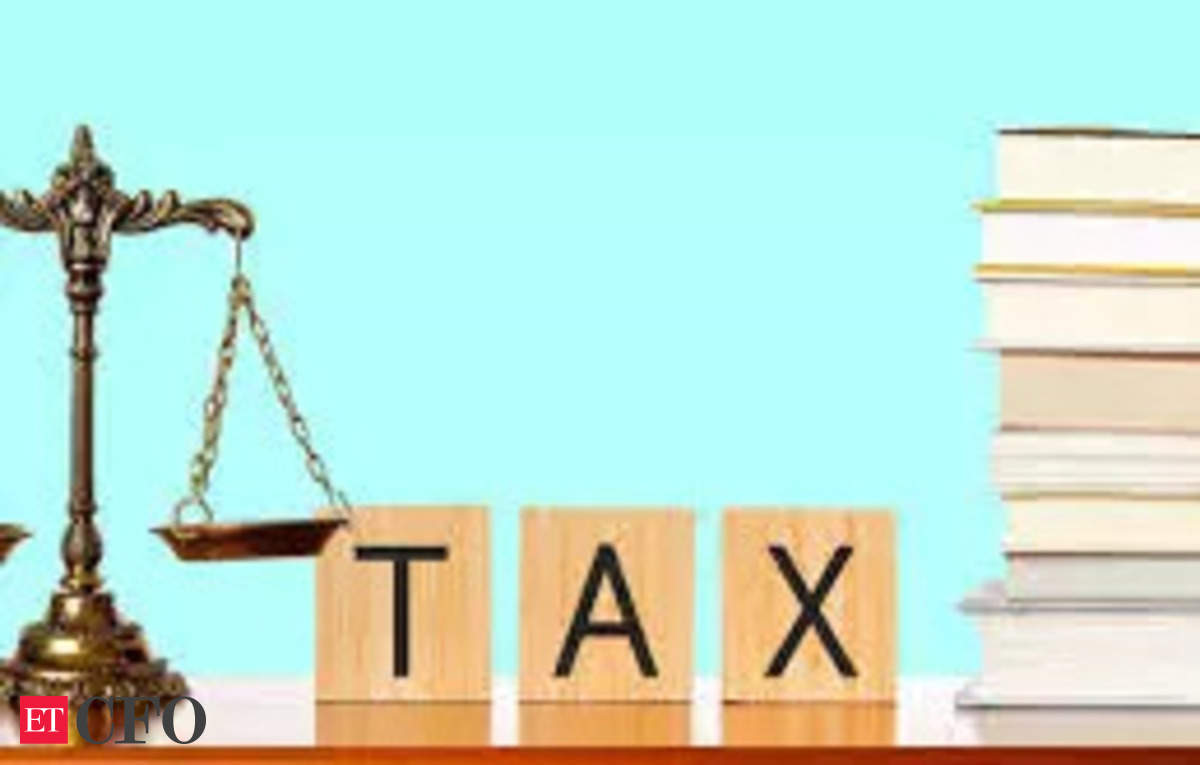The GST Council’s decision to impose a 28% tax on online gaming has rattled industry bodies, game developers, and online skill gaming companies, who have appealed to Prime Minister Narendra Modi’s office and other ministries for a reconsideration.
In a letter outlining their concerns, the industry expressed dismay at the tax hike from the existing 18% rate on platform fees, noting that this would result in a 55% increase in GST payments. The sector, despite finding the surge challenging, agreed that the hike would contribute to nation building.
The letter suggested that to ensure the industry’s survival, the new tax should only apply to the platform fee that is earned by the industry. This is similar to any other technology service platform, where only the revenue that platforms earn is considered for the purpose of levy of GST. India’s gaming industry attracted FDI of about $2 billion since 2014.
“The proposal to charge GST on the full deposit value will reverse the growth trajectory of the industry. This would potentially have devastating implications (including shut down of businesses) for MSMEs and startups that may not have the capital reserves to withstand such unprecedented tax increases. Further, this decision will encourage illegal offshore gambling operators, drive Indian users to them and ultimately lead to neither optimal tax collection nor the growth of the legitimate industry,” said the letter.
The industry highlighted eight points outlining the potentially damaging impact of such a tax levy, urging the Prime Minister’s office to reconsider the current recommendation.
It suggested that the new tax could hinder the Digital India Initiative and prime minister’s vision, potentially leading to an increase in black market activities and criminal offences, due to a 400-500% increase in the GST burden.
The change may inadvertently benefit offshore gambling sites, leading to a significant tax loss for the government and exposing Indian gamers to unregulated offshore gambling websites.
The industry also fears that the change could deter foreign investment. The Ministry of Electronics and Information Technology’s decision to include online gaming intermediaries in its ambit was initially well-received, signalling potential for significant FDI inflows.
However, the new GST proposal on full value would debilitate potential investors, both domestic and foreign, from considering the online gaming sector in India as a viable investment destination. In addition, the current $2.5 billion plus in investments is at stake basis this decision.
Visit www.cagurujiclasses.com


